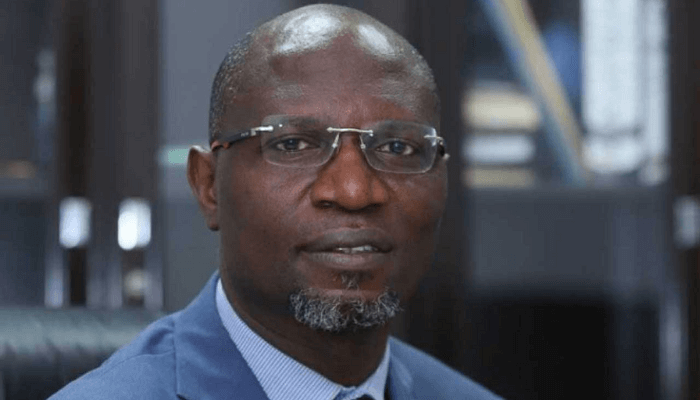Emomotimi Agama, Director General of the Securities and Exchange Commission (SEC)
The Securities and Exchange Commission (SEC) is set to enforce regulations in the fintech ecosystem to curb funds mismanagement and align operators with existing rules.
Emomotimi Agama, the SEC’s director-general, said this during his keynote address at the Nigeria Fintech Week on Tuesday.
The SEC’s DG said this is to protect investors’ funds while enabling the ecosystem’s growth. In 2023, seven Nigerian startups announced they would shut down operations. This cost investors $79.15 million in funding deals.
While many of these shutdowns were due to the inability to raise extra funds, some were due to a lack of corporate governance. According to Agama, it is time for fintech operators to be held to the rules of the capital market when it comes to fundraising.
“If you are raising funds and you are a fintech and a public limited company, you must come to the SEC. But if it is a private fundraising, it has to be done within the laws,” he stated.
“We cannot afford to leave this growing sector unchecked. Large amounts of investment data could be misused without consent, and companies are increasingly raising public funds without adequate regulatory control,” he added.
To achieve a regulated space without stifling innovation, the SEC is championing a smart regulation regime—applying existing capital laws tailored to the specific needs of fintech operators. The capital market regulator already has an innovation and fintech portal, FinPort.
FinPort was established to assist all new and existing Fintech companies understand the regulatory demands or requirements relevant to the capital market. Smart regulation aims to do better. Agama explained, “It is tailored regulation for products that exist. Regulations often are laid bare without considering the peculiarities of the products.
“So, for smart regulation, you are considering the peculiarities of those products and introducing regulations that will adapt to them. Because it’s not all one hat that fits all.”
In addition to smart regulation, he also introduced the SEC’s new strategy, a ‘three-pronged approach’ to regulating the fintech space. This will focus on “regulatory compliance, stakeholder confidence, and investor validation.”
“Our regulatory framework is designed to ensure that innovative solutions meet the necessary standards of security and consumer protection while driving sustainable growth in the market,” Agama added.
According to the DG, the SEC is interested in the growth of the over 200 fintech companies currently operating in the country. “The current SEC is a friendly and accommodating institution, knowing fully well that many people involved in Fintech are young and inexperienced. A lot don’t even know what to do,” he said.
He noted that the days of papering over cracks in the space are over as the commission will enforce its regulations to give the space better structure. However, Agama noted that “effective regulation is about creating an enabling environment that fosters innovation while protecting investors.”
Meanwhile, Ade Bajomo, president of the Fintech Association of Nigeria (FinTechNGR), noted that fintech needs a regulator that will foster a supportive environment for innovation. He stated that investment into the space declined to $186 million in the first half (H1) of 2024 from $826 million in H1, 2023.
“We believe that FinTech is the key to unlocking Africa’s potential. But we cannot do it alone. We need investors who see the long-term value of our continent,” he stated.
